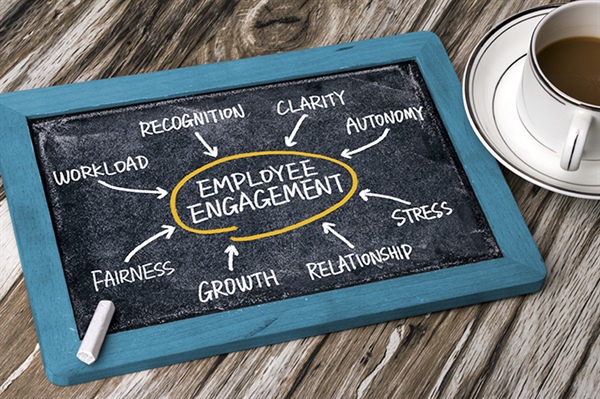
By Heather Nezich, courtesy of SBAM Approved Partner ASE
Employees today are more likely to job hop than ever before. Millennials in particular have earned, whether legitimate or not, a reputation for job hopping. But the latest research shows that if employees, even Millennials, are engaged and have learning opportunities in the workplace, they are less likely to leave.
“Millennial employees are looking for something different in their jobs, beyond good compensation,” said Emily Foote, VP of Customer Engagement for Bridge. “They aren’t satisfied with routine promotions or pay bumps; they want opportunities to learn, develop new skill sets, and grow into leaders. Organizations that create learning environments are rewarded with employee engagement and loyalty.”
Despite the increasing acceptance of job-hoppers, young employees actually defy that stereotype. A new study commissioned by Bridge, a human capital management organization, found that nearly 90% of Millennials are looking to grow their careers within their current companies. In fact, 56% of Millennials believe that an individual should stay at a single company for more than 20 years.
The Bridge survey data found that offering career training and development would keep 86% of Millennials from leaving their current position. However, if that job lacks growth opportunities and avenues for leadership development, 67% of Millennials say they would leave.
In response to the survey findings, Bridge offers the following tips to help engage employees:
- Hold frequent employee check-ins. Millennials want more frequent feedback, but according to a Gallup poll, only 15% are actively asking for it. Being proactive about giving feedback on the managerial end can encourage engagement while ensuring that employees are receiving the feedback they crave. The same study found that Millennials who meet with their manager regularly are more than twice as likely to be engaged at work.
- Align individual goals to company and team goals. When managers create tangible goals for their teams that support the larger company vision, employees are more connected to the bigger picture. Not only will this make the review process more focused on metrics, rather than intangibles, but employees will stay engaged throughout the workday when they have meaningful, attainable and structured goals to reach.
- Cultivate a culture of continuous learning. Creating a workplace that promotes career development is important for everyone, including Millennials who rank training and development higher than cash bonuses as a priority in the workplace. By making career training and e-learning a priority, employers can ensure that the youngest generation of employees are engaged, focused, and continually honing their skills.
Employee engagement is more important today than ever. With the talent market continually shrinking, it’s important to engage and retain your current talent.